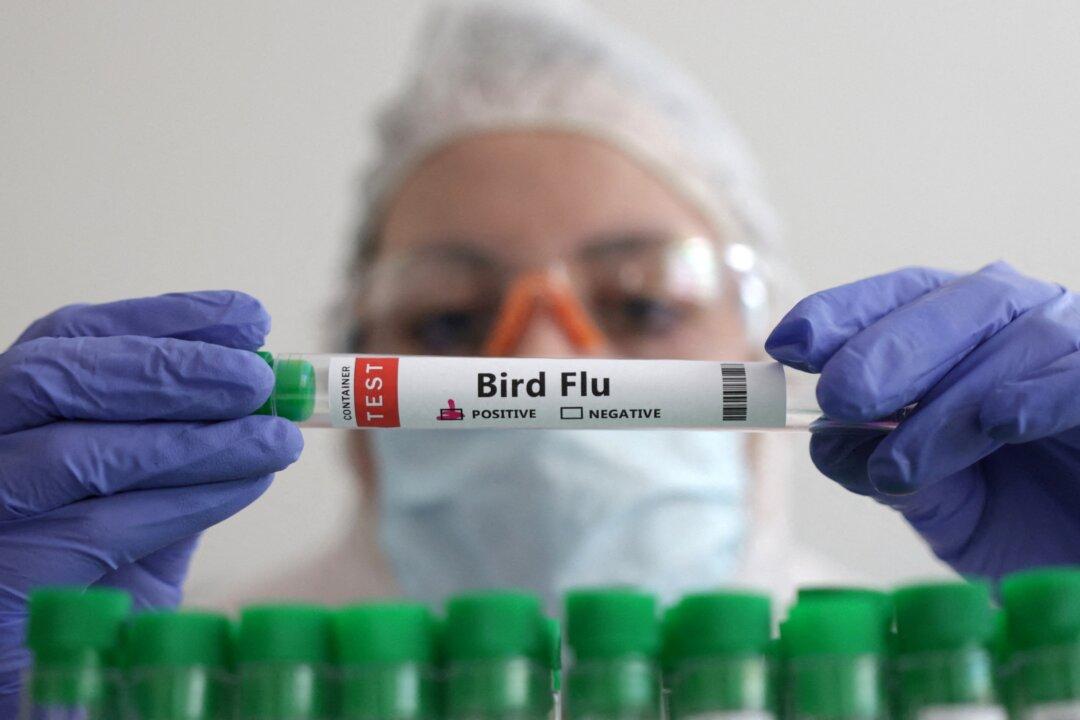A North Carolina biotechnology facility has contracted with the federal government to produce up to 5 million doses of a bird flu vaccine.
The Australian-headquartered company CSL Seqirus announced that its facility in Holly Springs, N.C., had been chosen by the Department of Health and Human Services’ Biomedical Advanced Research and Development Authority (BARDA) “to complete the fill and finish process of pre-pandemic vaccine for the U.S. government as a part of the National Pre-Pandemic Influenza Vaccine Stockpile (NPIVS) program.





